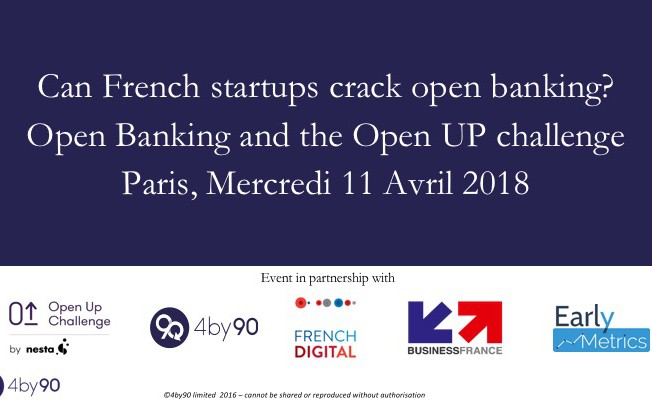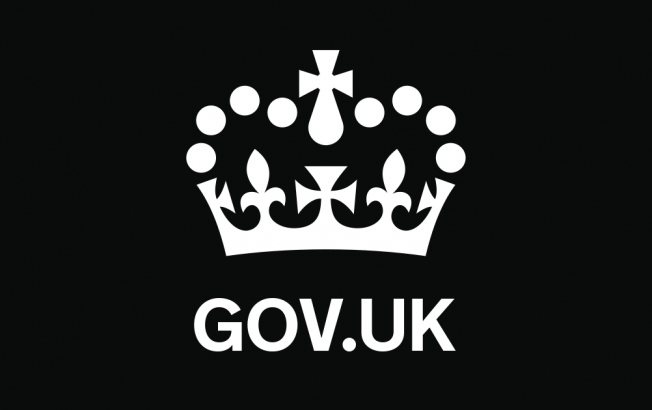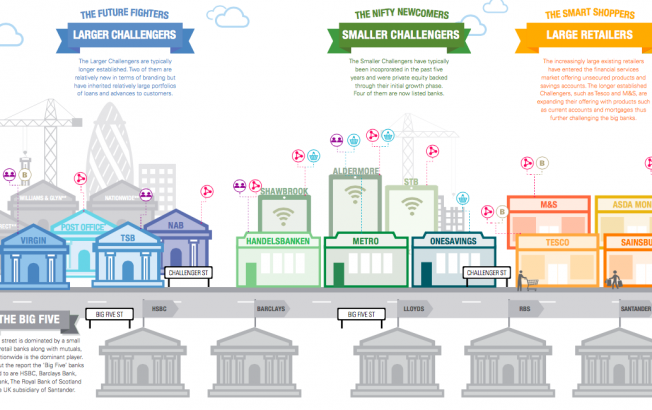Forget about Fintechs and Innovation, they aren’t the point – Part 1: It’s all about competition This is the first instalment of a few articles to share my perspective on innovation, retail banking, Fintechs and competition. If you see some value in my perspective please do let me know. As they say on youtube “like it, share it, comment on it!” In this first piece I would like to challenge the usual narrative around Fintech discussions. I would like more focus on the end goal and whether it’s achieved (i.e. winning the competition war) rather than the means (Innovation, Fintech, etc). That will set the scene for my second piece around how we should evaluate emerging banking propositions. It’s a question of competition That’s a fairly simple point, but I think one that is far too often forgotten. All the discussions around…






